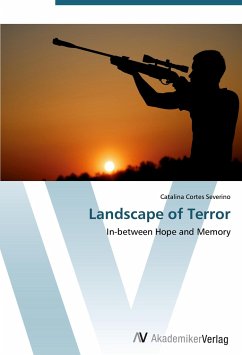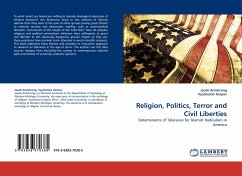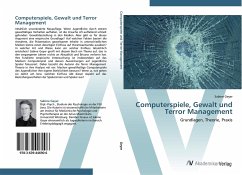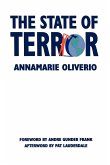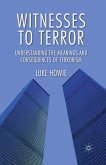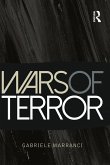Revision with unchanged content. This thesis starts with the following questions: why is it important today to talk, write and think about memory in contexts of violence? Why is it crucial within the practices of everyday life, for the creation of identities and the construction of the future? How can we understand the importance of the politics and ethics of memory in contexts where the violence operates in different levels of everyday life? I began to raise these questions after exploring these issues in the last year with the Process of Black Communities (PCN) of the Pacific Coast in Colombia. I explored through my documentary practice and research the implementation of truth, justice and reparation for their communities by connecting present struggles with the historical memory of slave trade. Hence, my work explores the articulations between politics, cultural memory and violence that are established through the practice of this social movement in contemporary Colombia.
Bitte wählen Sie Ihr Anliegen aus.
Rechnungen
Retourenschein anfordern
Bestellstatus
Storno

